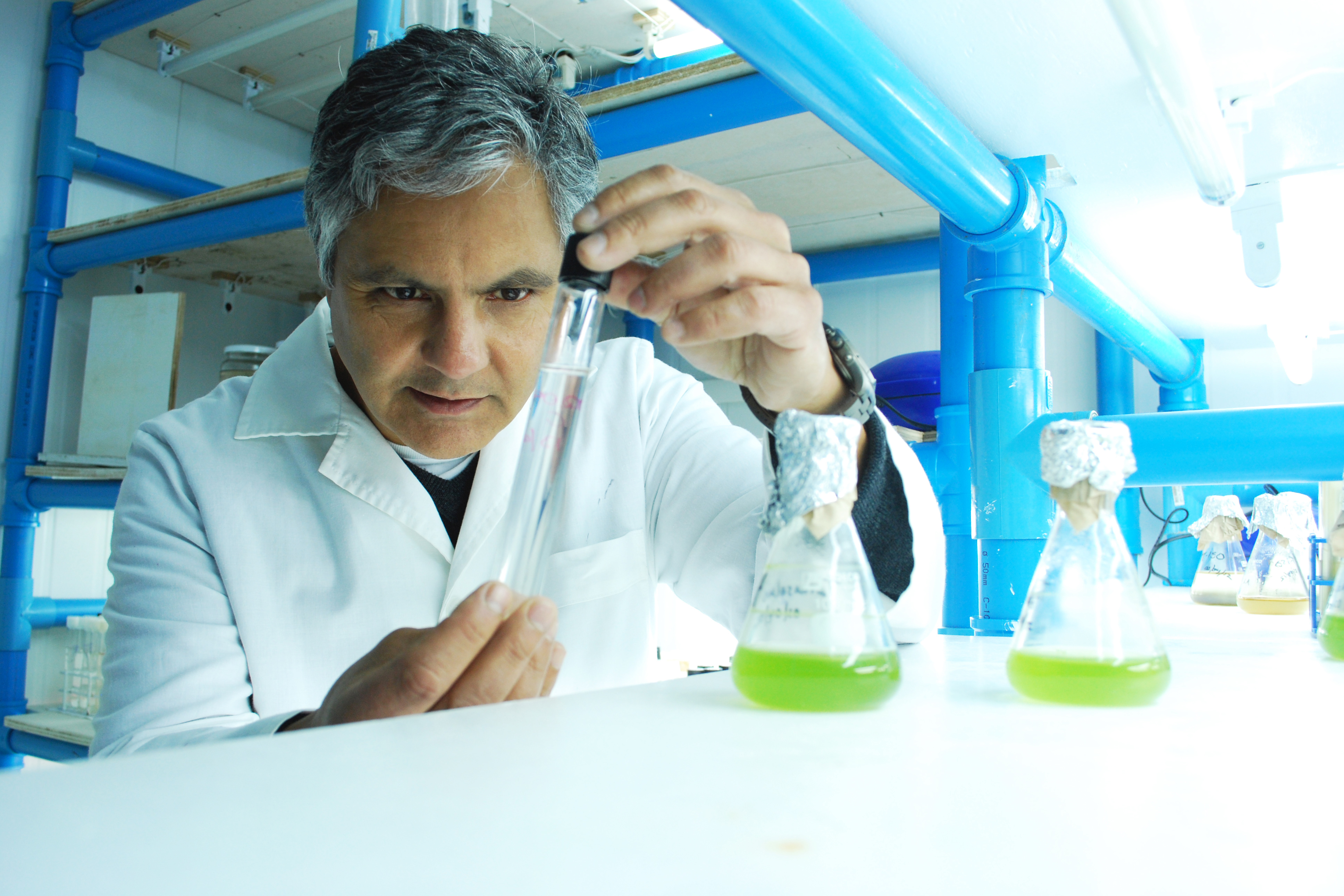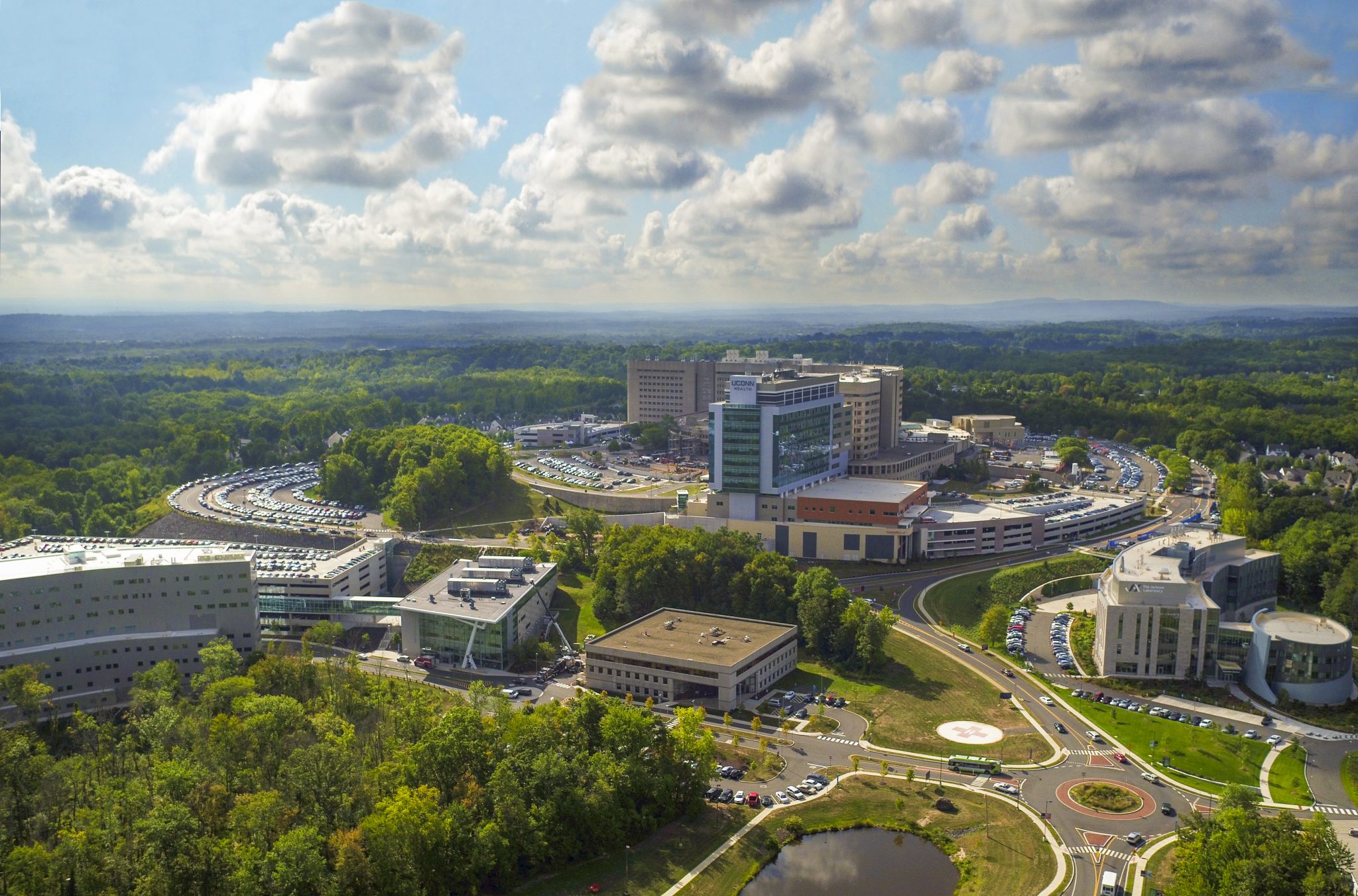The American Association for the Advancement of Science (AAAS) has named three UConn College of Liberal Arts and Sciences professors as 2015 AAAS Fellows.
The society elected 347 new members this year in recognition of their contributions to science and technology research, teaching, public outreach, and service. The Fellows will be honored in February at the AAAS Annual Meeting in Washington, D.C.
“We’re very proud to have our outstanding CLAS faculty members from the biological and marine sciences recognized among the UConn inductees this year,” said Jeremy Teitelbaum, dean of the College of Liberal Arts and Sciences.

Professor of marine sciences Hans Dam is a biological oceanographer with research programs in the biology, ecology, and evolution of plankton. Based at UConn’s Avery Point campus, Dam is interested in questions about ocean evolutionary ecology in the Long Island Sound and beyond, including the evolution of the consequences of toxic algal blooms, which are proliferating worldwide, on neurotoxin tolerance in animals that feed on these algae. Dam also studies the effects of projected temperature increases in the world’s oceans on planktonic species, and the evolution of their ability to tolerate different temperature ranges.
In collaboration with colleagues in the Department of Marine Sciences and the Connecticut Department of Energy and Environmental Protection, Dam has also established a zooplankton monitoring program and worked on a synthesis of water quality data in the Long Island Sound. His work has been funded in recent years by the National Science Foundation, the Environmental Protection Agency, and the National Oceanic and Atmospheric Administration through Connecticut Sea Grant.

Carolyn Teschke, professor of molecular and cell biology, studies the structure and the mechanisms behind correct protein folding and assembly, which is essential for all life forms. Her research is focused on understanding the folding of viral proteins and how these proteins then assemble into complex structures such as viruses. She also investigates the process by which proteins essential for host cell colonization are secreted by bacteria, such as the bacteria that causes most forms of tuberculosis. Her research program has been funded through the National Institutes of Health since 1995.
Teschke is spending the 2015-2016 academic year as a Jefferson Science Fellow at the U.S. Department of State in Washington, D.C. Her work focuses primarily on implementation of the Global Health Security Agenda and other global health, science, and technology issues, primarily in East Asia.

Professor emeritus of molecular and cell biology Philip Yeagle’s research focuses on critical problems in cellular membrane structure, particularly rhodopsin. After serving as chair of the UConn Department of Molecular and Cell Biology, in 2007 he became dean of the Rutgers University Faculty of Arts and Sciences, and was Rutgers’ interim chancellor from 2011 to 2013. He is a vocal advocate for higher education in the public sphere, writing many opinion pieces addressing the costs of higher education, the responsibilities of students in the college endeavor, and the value of individualized education.



